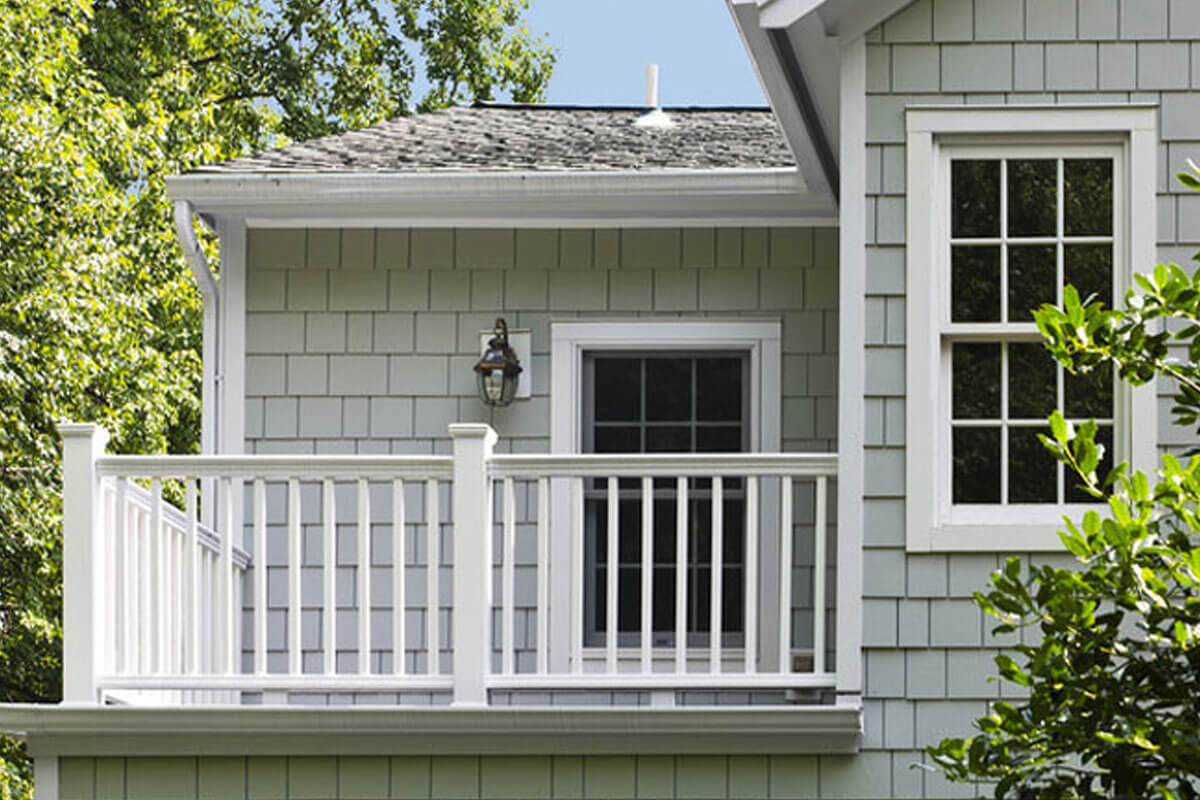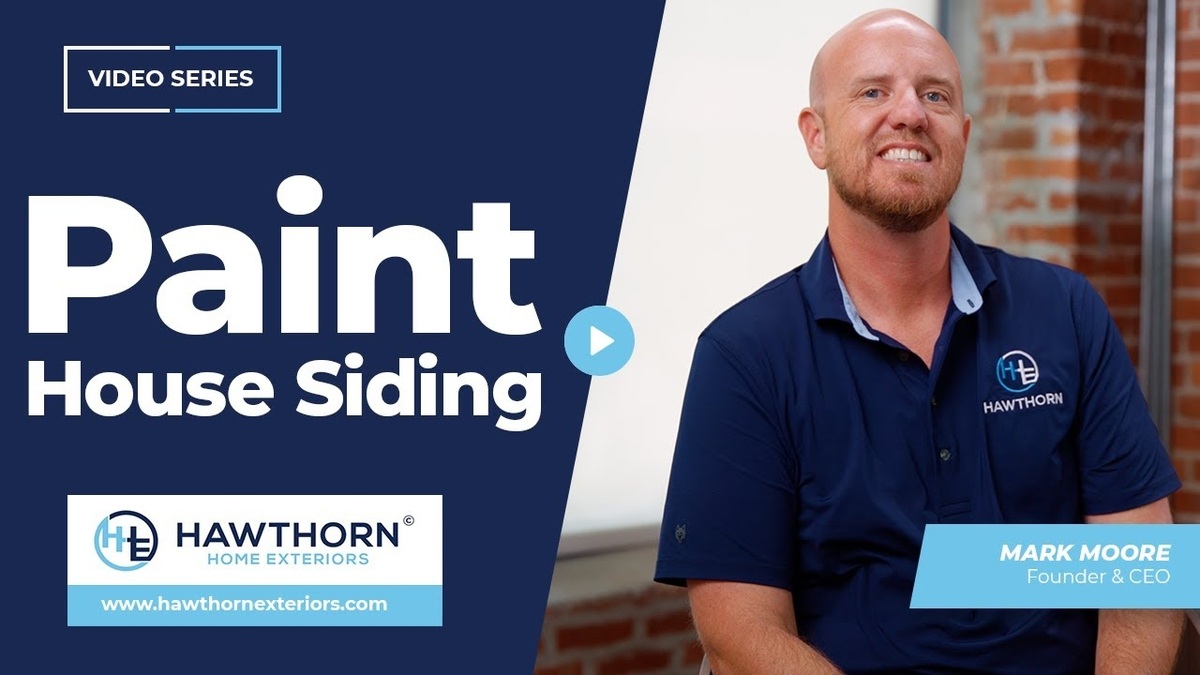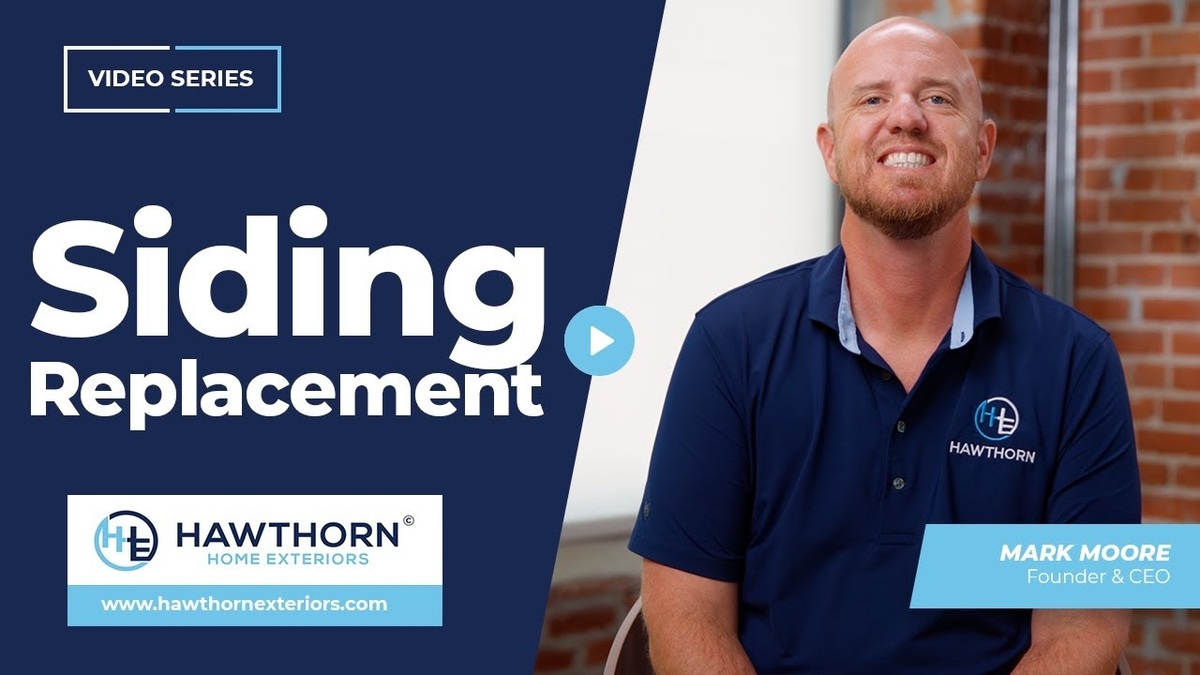When considering window replacements for your St. Louis home, understanding the Pros and Cons of Vinyl Windows is essential. With the city’s unique climate and architectural aesthetics, choosing the right window type is more than just a design decision, it’s about functionality, efficiency, and long-term value. We’re going to cover the most notable pros and cons of getting vinyl windows so that you can make the most informed choice for your needs.
Pros of Vinyl Windows
When it comes to home renovations, especially in a city with a climate like St. Louis, window selection can have a significant impact. Vinyl windows have been a favorite choice for many homeowners, and here’s why:
- Cost-Effective: One of the primary attractions of vinyl windows is their affordability. Compared to wooden or aluminum frames, vinyl windows generally offer a more economical choice without compromising too much on quality. This makes them an excellent option for homeowners on a budget or for those looking to replace multiple windows at once.
- Low Maintenance: Unlike wooden windows, which might require periodic painting or sealing, vinyl windows are virtually maintenance-free. Their surface is resistant to scratching, and they don’t fade, peel, or corrode. A simple cleaning with soap and water will have them looking brand new.
- Energy Efficiency: St. Louis homeowners know the importance of insulation, especially during those cold winter months. Vinyl windows excel in this department. With their excellent insulating properties, they can keep the cold out and the warmth in, helping to reduce energy bills. This efficiency is further enhanced when paired with double or triple-pane glass.
- Variety of Styles: Aesthetic appeal is another advantage of vinyl windows. They are available in a plethora of designs, colors, and finishes. Whether you’re aiming for a modern look or something more traditional, there’s likely a vinyl window style to match your vision.
Cons of Vinyl Windows
While vinyl windows offer several advantages, homeowners in St. Louis must be aware of some potential drawbacks. Here are the primary concerns associated with vinyl windows:
- Durability Concerns: While vinyl windows are robust and can last for years, they might not have the same lifespan as other materials, like fiberglass or aluminum. Over time, they can be susceptible to warping or discoloration, especially when exposed to extreme temperatures.
- Non-Biodegradable: One environmental concern with vinyl windows is that they are made from PVC, a non-biodegradable material. This means that once the window has reached the end of its life, it won’t break down naturally and can contribute to landfill waste.
- Limited Customization: Post-manufacture customization is one limitation of vinyl windows. Unlike wood, which can be sanded and repainted to a new color or finish, vinyl windows come in a fixed color and style. While there is a wide variety available, once installed, altering their appearance can be challenging.
- Thermal Expansion: Vinyl windows can expand and contract more than some other materials in response to temperature changes. In extreme conditions, this thermal expansion can lead to issues like air leaks, which might affect the window’s energy efficiency and overall performance.
Trust The Local Experts In Vinyl Windows
Vinyl windows offer a blend of advantages and drawbacks tailored to the individual needs and preferences of homeowners. As you ponder over your choices and seek expert guidance, consider reaching out to Hawthorn Home Exteriors. Our team is dedicated to assisting you in making the best decision for your St. Louis residence, ensuring you understand the Pros and Cons of Vinyl Windows. Contact us today for more information or to get started.






